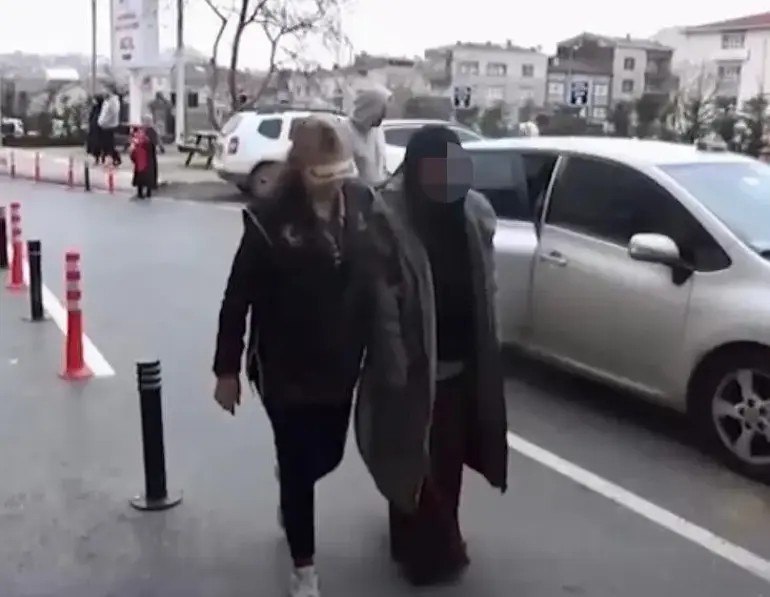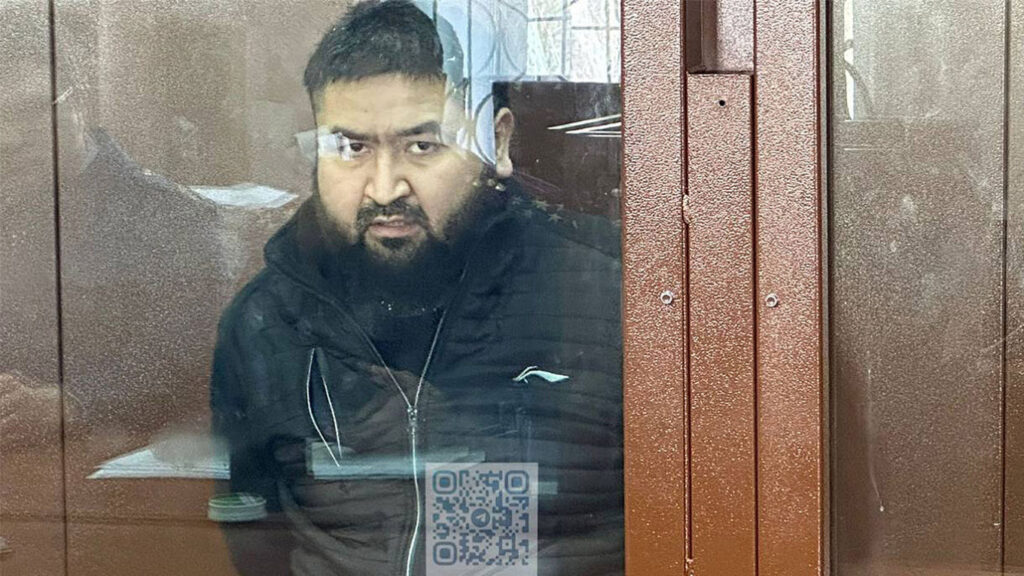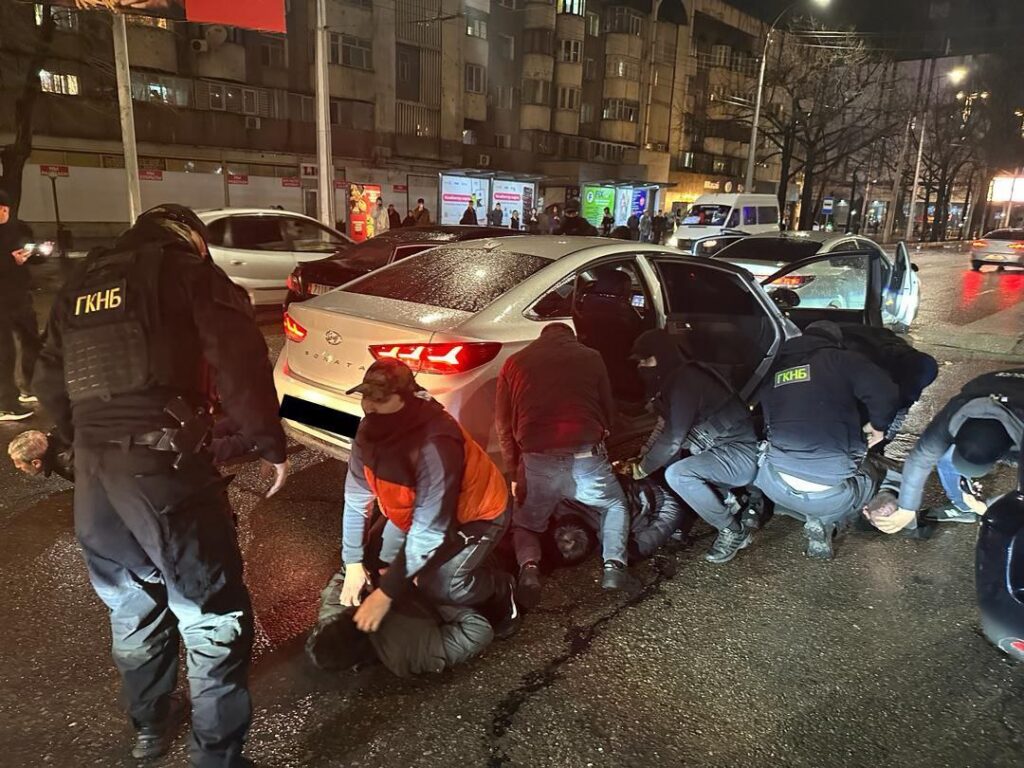Authorities in Central Asia Warn Against Terrorist Recruitment
Uzbekistan's Interior Ministry has issued a warning over increased instances of calls to commit terrorist acts spread via social media and messenger apps. Citizens are being implored to booby-trap public places - including shopping and entertainment centers, schools and other places of mass gathering - for large sums of money. Besides the promise of money, extremists are offering to provide weapons and send a plan of action - while the provocateurs often won't take no for an answer. The anonymous instigators - as a rule, there is no photo or number in the profile - often write with similar appeals to children and teenagers, intimidating them with fabricated stories such as having all of that person's data and personal information. "In case you receive this kind of message, please do not panic and do not send them to public chat rooms, to your acquaintances and friends, but immediately report it to the internal affairs authorities on the number 102. Block the senders and do not enter into correspondence or conversations with them," the Interior Ministry said in a statement. "There is a Cybersecurity Center within the structure of the interior agencies, which is engaged in monitoring and identifying individuals and channels spreading calls for unlawful acts. Special divisions have been created within the operational and investigative department of the internal affairs bodies, which are also engaged in activities to identify terrorist threats on the World Wide Web and punish attackers," Shokirjon Hashimov, spokesman for the operational and investigative department of the Uzbek Interior Ministry, told The Times of Central Asia. The Uzbekistan TV channel reported on the detention of a group of extremist students, who were plotting terrorist attacks in several locations in Tashkent. The attackers, who were planning to carry out a terrorist attack in the spring of 2022, were discovered in February 2021. The young men carefully thought out a plan of action and chose the Israeli embassy in Tashkent or the murder of U.S. and Chinese citizens at the capital's international airport as the target of their planned attacks. After committing the terrorist acts, the boys intended to move to Syria via Turkey, or to Afghanistan via Surkhandarya. Over the course of the investigation, explosives were found at the suspects' homes. The court sentenced them to between 10 and 15 years in prison. Calls for vigilance can also be heard in neighboring Kyrgyzstan, where through social networks and dating sites, attackers are trying to recruit young people to carry out terrorist attacks in Russia. "The representative office of the Ministry of Labor, Social Security and Migration of Kyrgyzstan in the Russian Federation warns that through social networks and popular messengers such as Telegram, there is active recruitment of citizens, including underage children, to participate in terrorist acts in Russia," the press service of the ministry reported.






